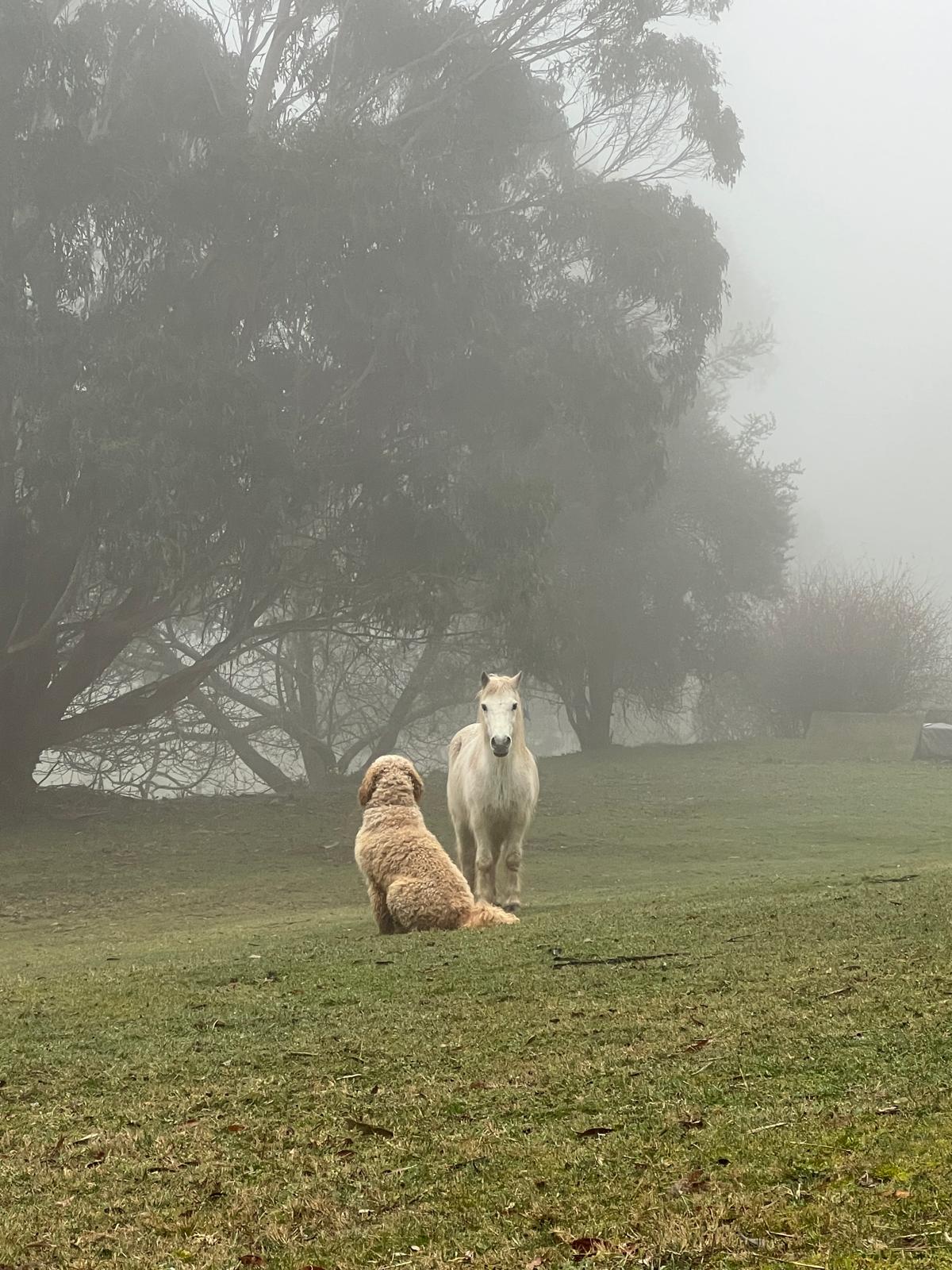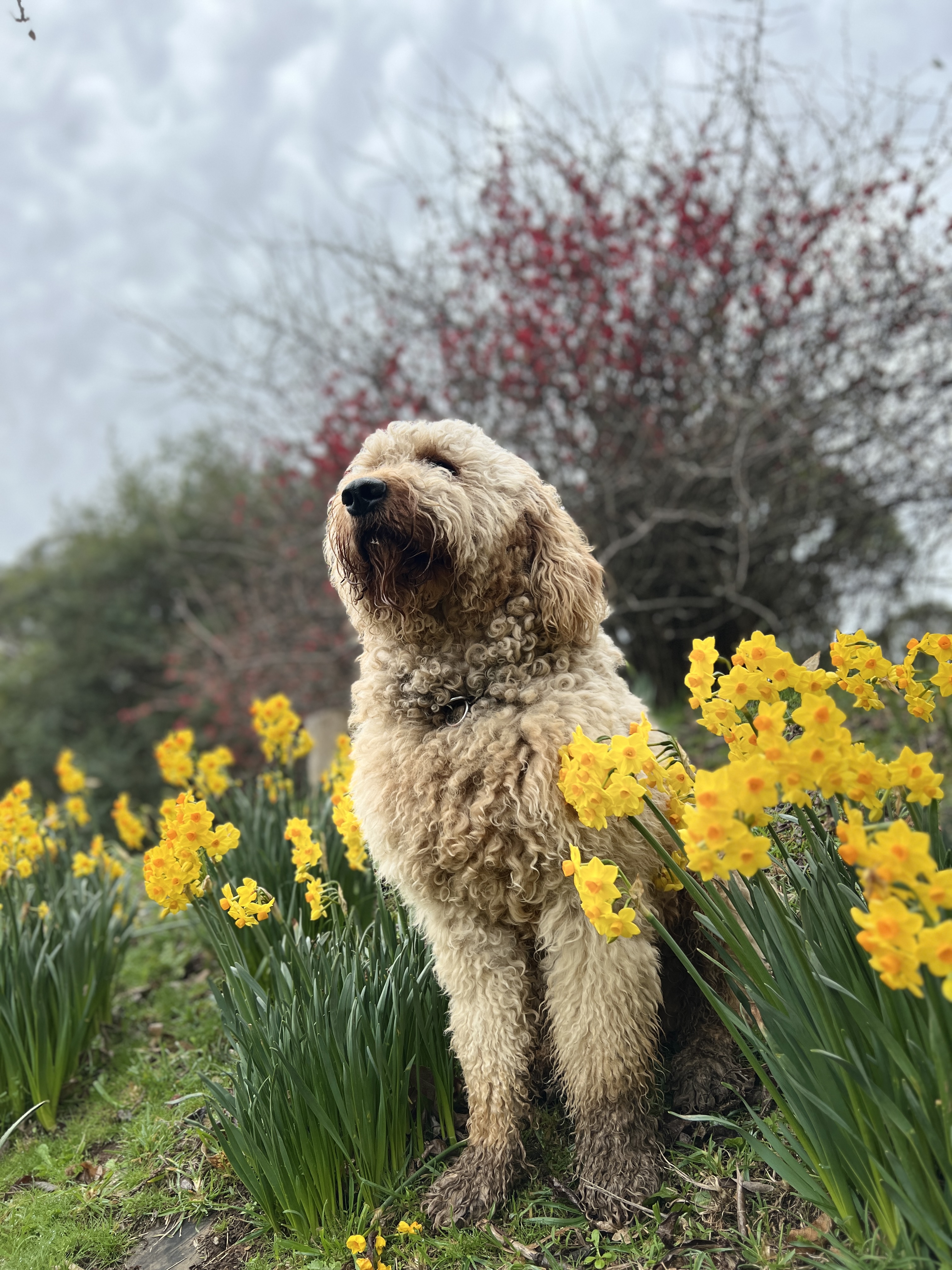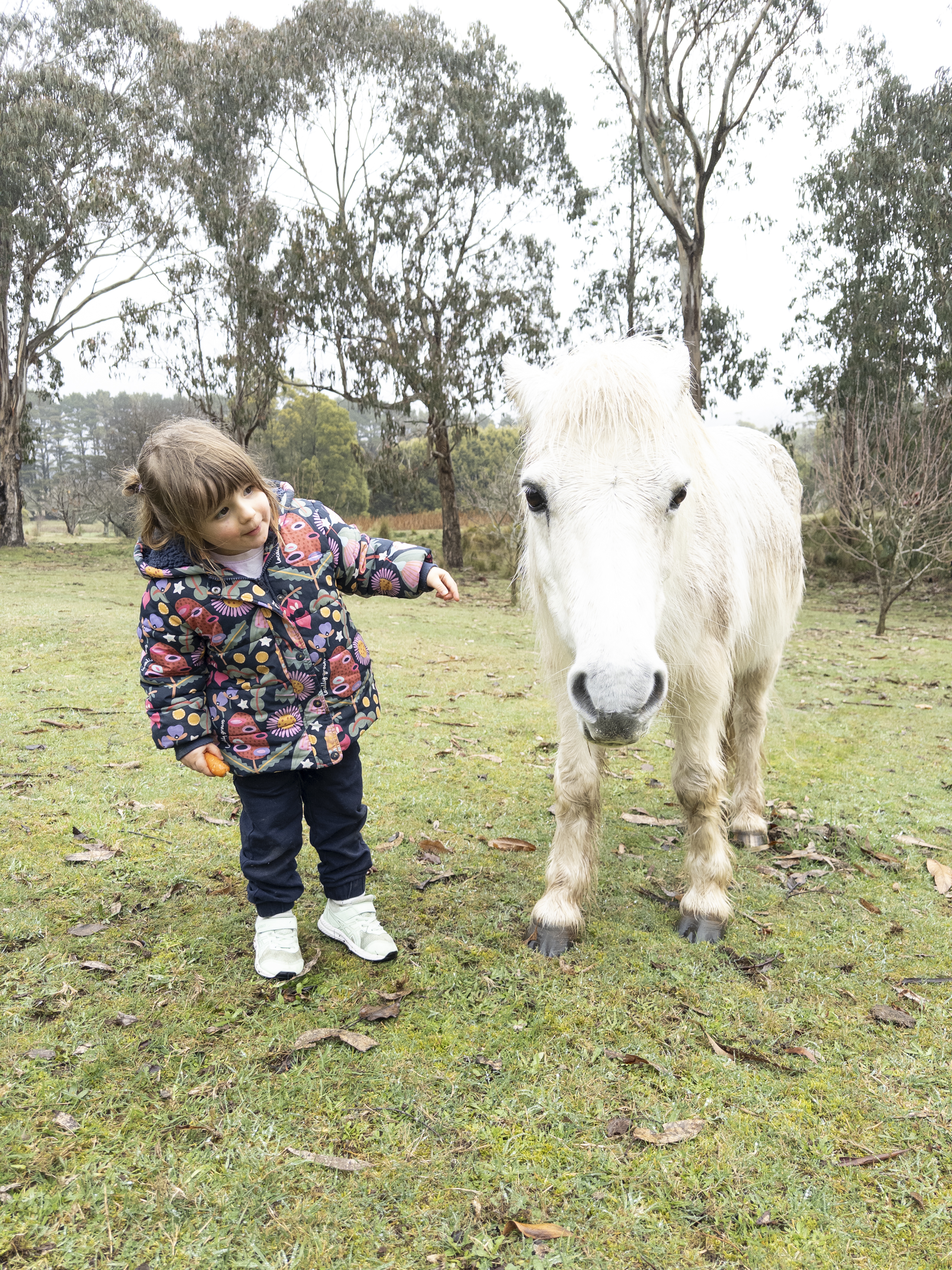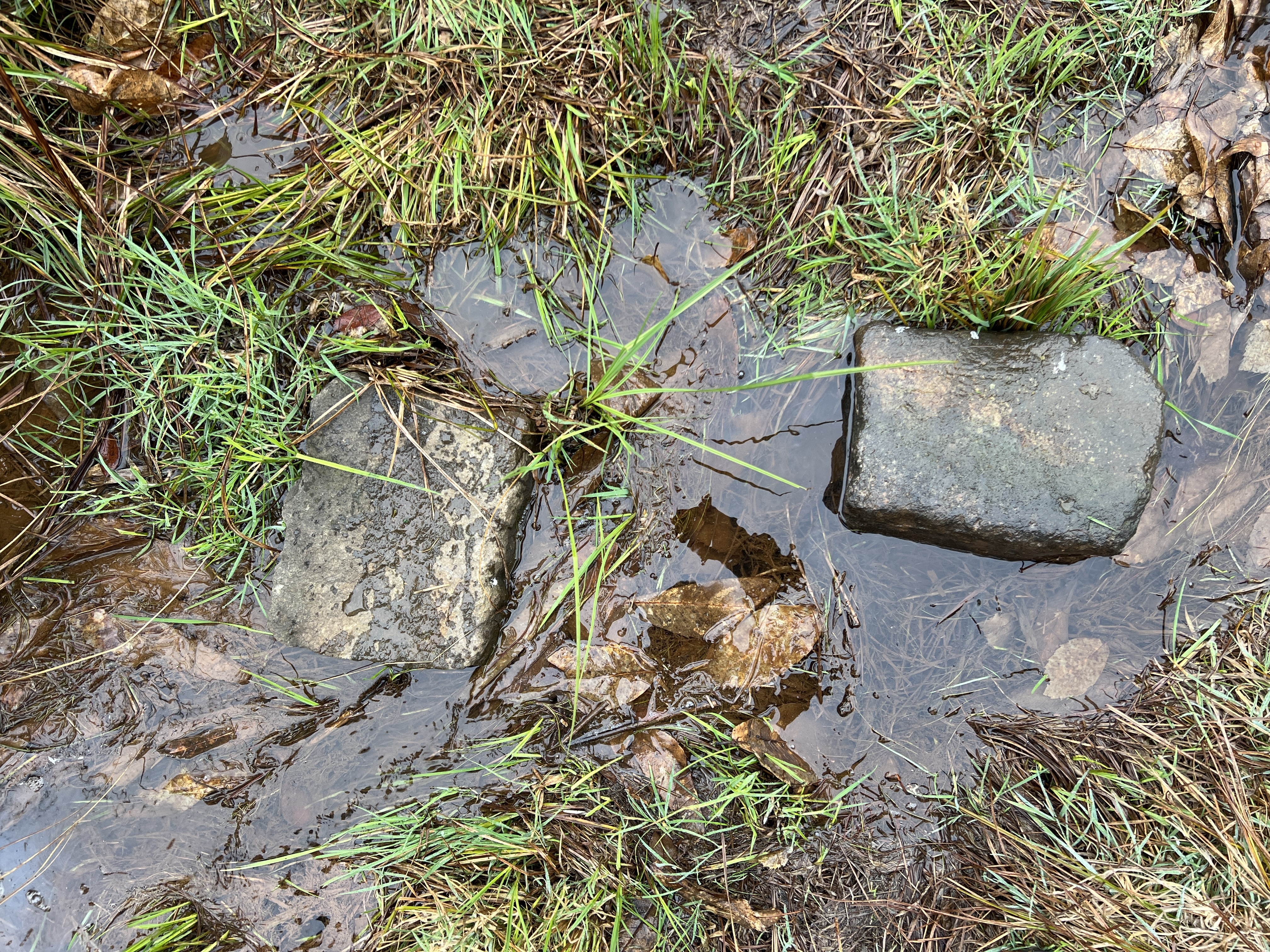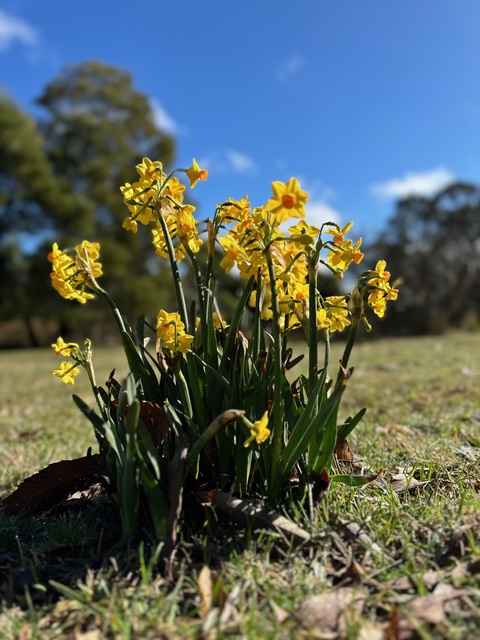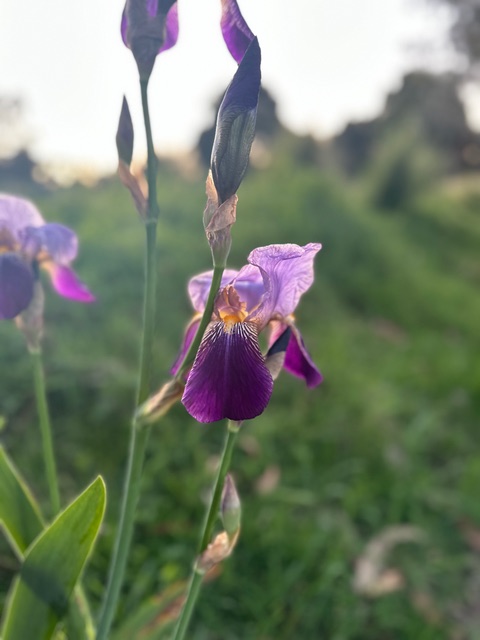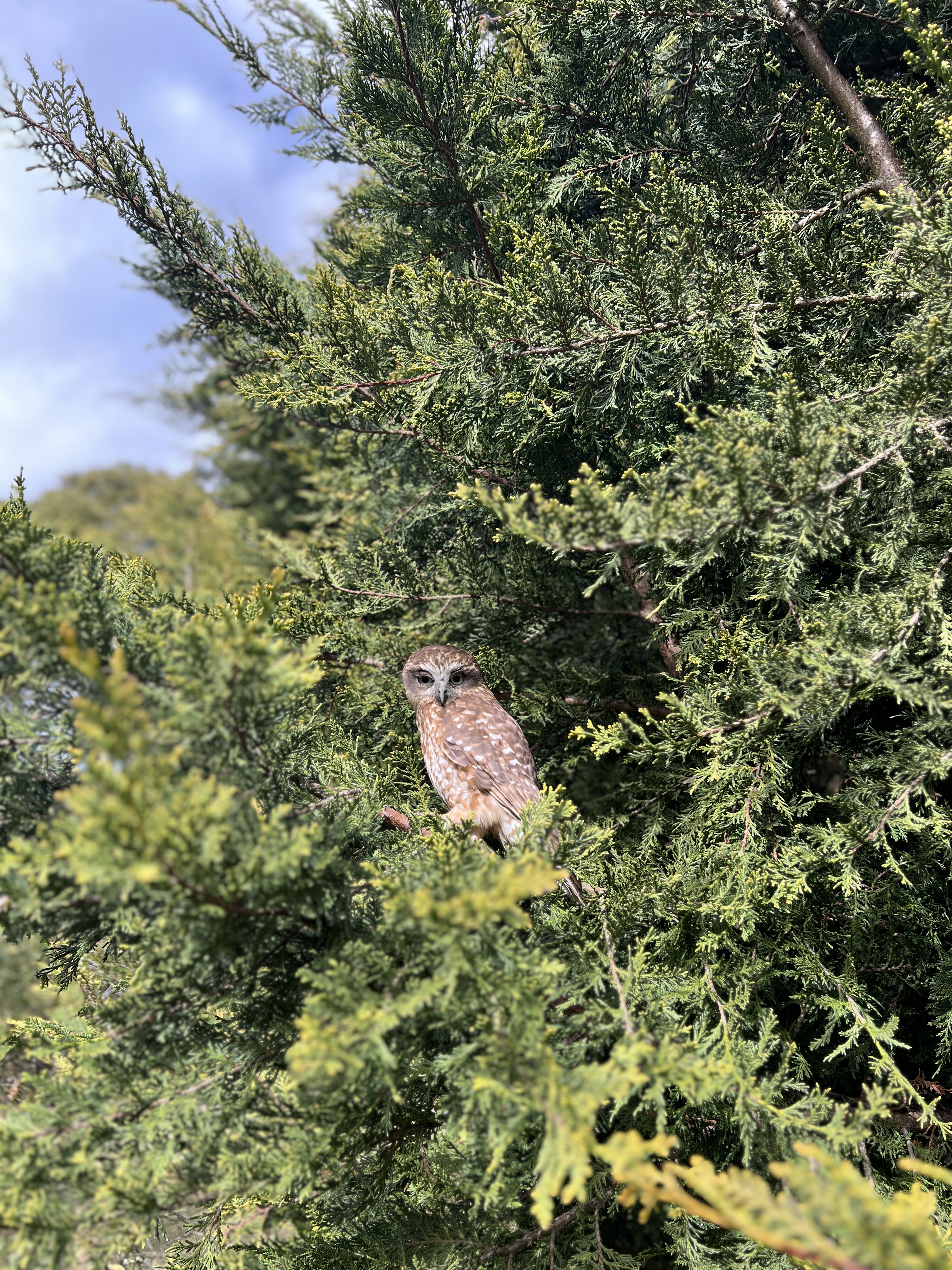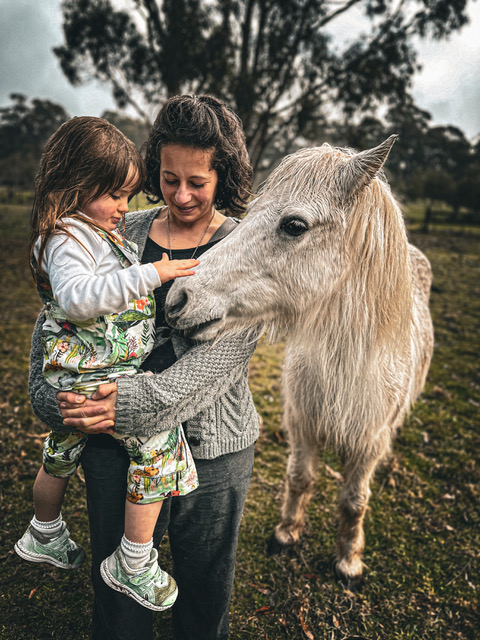Research
"Not all who wander are lost"
The human connection to nature is timeless, universal, and innate.
Sensory pathways are faster compared with cognitive ones as they have direct branches to the emotional areas of the brain. Activating these sensory pathways in a calm and structured manner helps to strengthen the ones which are organising to the body and linked to positive emotions.
They contributed to our understanding of the vital importance for connection between human and the natural world.
Referring to the biophilia theory, we can say that humans have an innate drive and need to connect with nature which extends beyond our reliance on nature for our physical sustenance to include "a human craving for aesthetic, intellectual, cognitive, and even spiritual meaning and satisfaction".
“The biggest risk is keeping kids indoors”. This is the title of a Canadian Report Card on Physical Activity for Children and Youth. The authors of this annual report, which provides directions on children’s health and key factors on numerous diseases on the rise such as obesity and diabetes, promoted outdoor active play as essential for healthy child development.
Great research published a few years ago helped define the role of outdoor risky play in nature-based therapy, as for example in Balanced and Barefoot, written by pediatric occupational therapist Angela Hanscom, who argues that unrestrained outdoor play and engagement with nature, is critical for children’s physical and cognitive development.
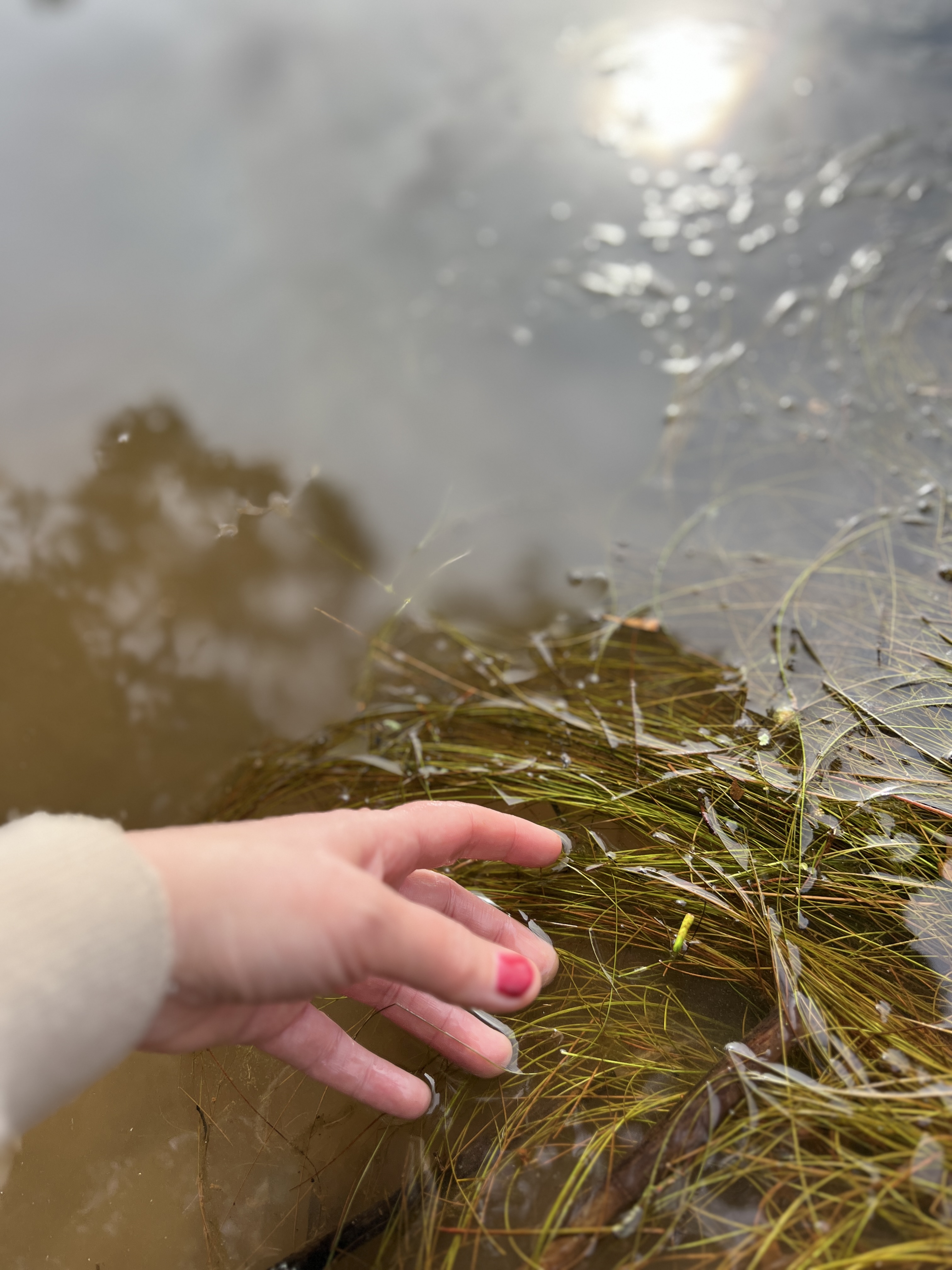
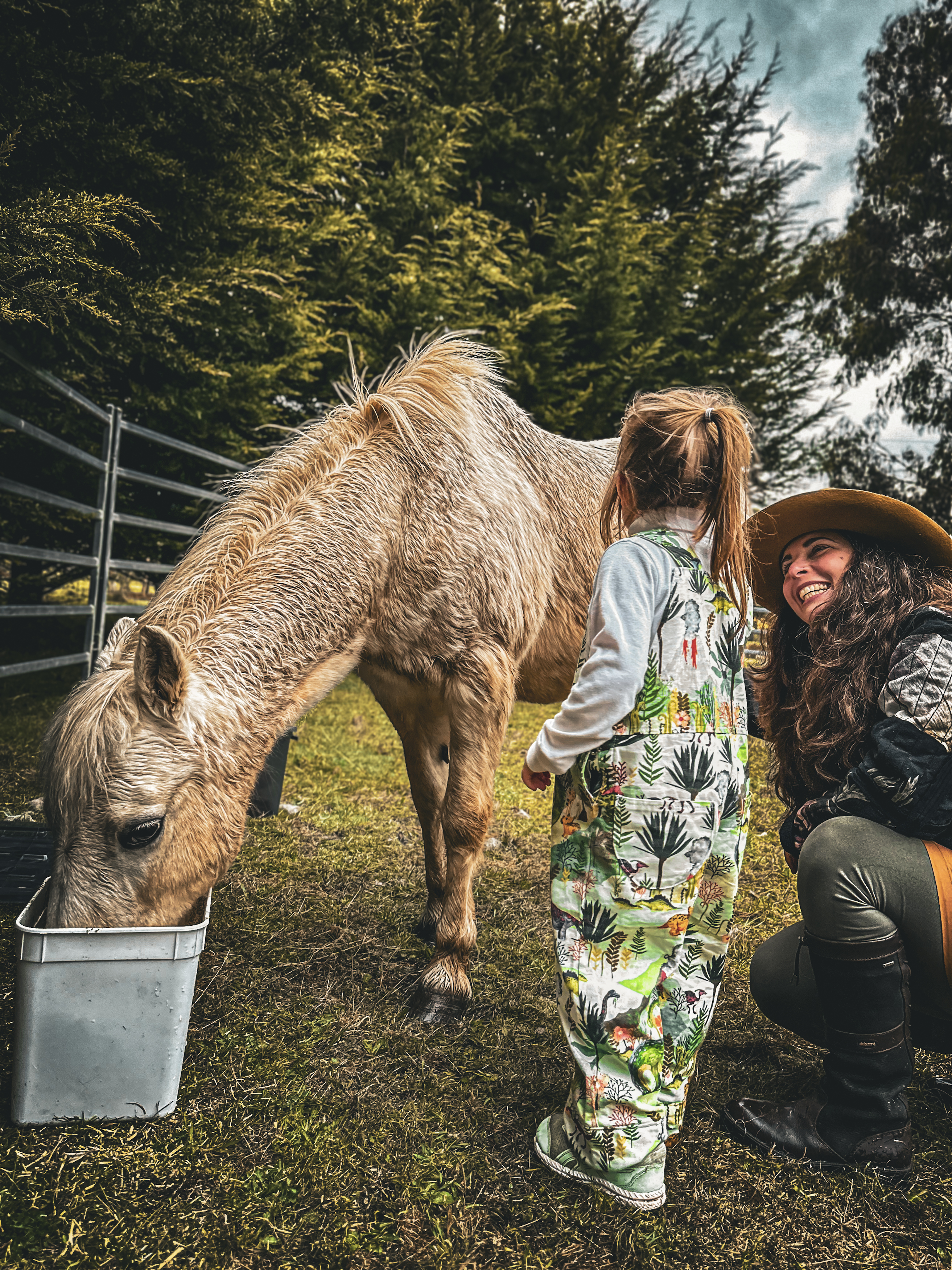
Stephen Keller, professor of social ecology at Yale University suggested that our inclination to connect with nature also addresses other needs: intellectual capacity, emotional bonding, aesthetic attractions, creativity and imagination, even the recognition of a just and purposeful existence.
Regarding child and youth development, the reduced access and exposure to nature, have been clearly linked to obesity and diabetes, whereas increased contact with nature has been seen to benefit children's overall physical and mental development.
British researcher Yim Gill published a paper in 2014 outlining what benefits contact with nature had for children that had been demonstrated empirically in the literature. Gill reported in 61 studies, and the range of benefits included mostly health benefits (physical activity, mental and emotional health, healthy eating and motor development), well-being (quality of play, psychosocial health), cognitive benefits (scientific learning, environmental knowledge, language and communication skills), social skills, emotional/behavioural benefits, and ethical/attitudinal benefits.
A Finnish investigation with over 2,000 participants confirms that Nature provides an added value to the known benefits of physical activity. Repeated exercise in nature is in particular connected to better emotional well-being.
The following quotes and links are based on publishing and official websites:
"Beauty will save the world"
